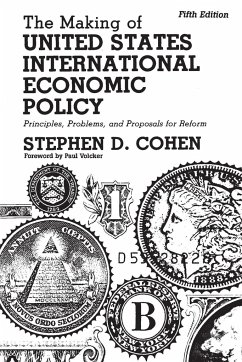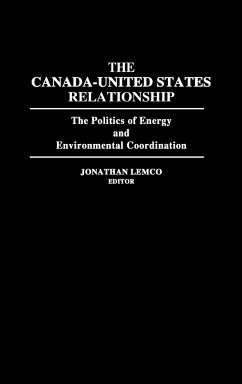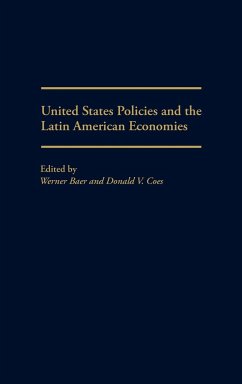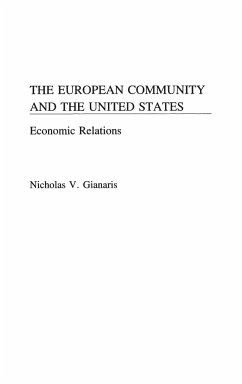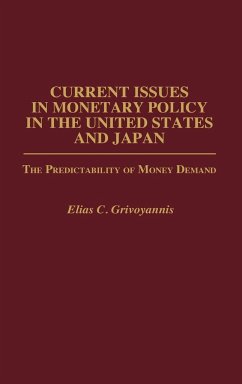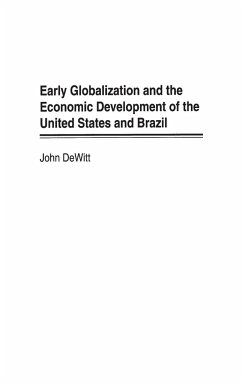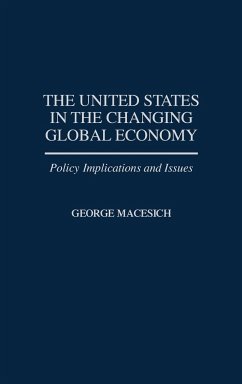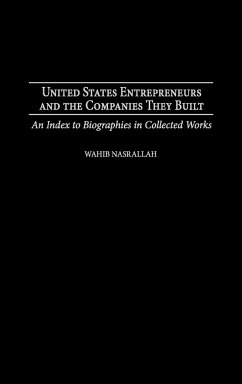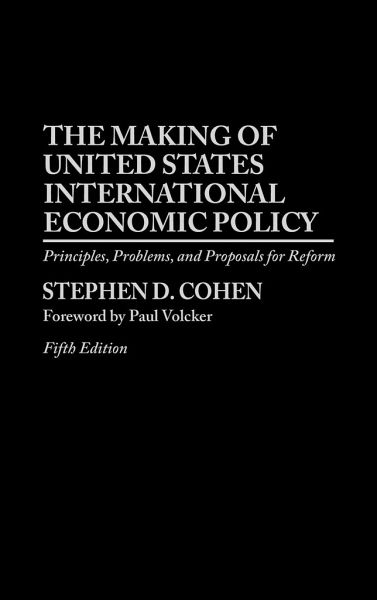
The Making of United States International Economic Policy
Principles, Problems, and Proposals for Reform Degreesl Fifth Edition
Versandkostenfrei!
Versandfertig in 1-2 Wochen
88,99 €
inkl. MwSt.

PAYBACK Punkte
44 °P sammeln!
As the globalization of economic production reshapes domestic economic activity and redefines the substance of international politics, the importance of international economic policy is becoming more widely appreciated. This book is a revised and updated edition of the definitive study of the decision-making process in all sectors-trade, finance, development, and energy-of U.S. international economic policy. Students and practitioners of economics and political science will find it invaluable in understanding how process affects substance in some of the most far-reaching policies being made in...
As the globalization of economic production reshapes domestic economic activity and redefines the substance of international politics, the importance of international economic policy is becoming more widely appreciated. This book is a revised and updated edition of the definitive study of the decision-making process in all sectors-trade, finance, development, and energy-of U.S. international economic policy. Students and practitioners of economics and political science will find it invaluable in understanding how process affects substance in some of the most far-reaching policies being made in Washington. Straddling two of the nation's highest priorities-economic prosperity and national security-international economic policy necessitates continuous trade-offs from conflicting perspectives, making organization and procedure inherently significant determinants of a critically important policy. Opening with an explanation of the complex nature of the policy and its importance in political and economic terms, the book then examines the identities, responsibilities, attitudes, constituents, and institutional cultures of the executive branch, Congress, and interest groups involved in the formulation and conduct of policy. After considering the hardware of policymaking, the volume examines the major theories and decision-making models. It then focuses on the delicate relationship between the administration and Congress, illustrated by three case studies. In conclusion, the work assesses the strengths and weaknesses of the current policymaking process and offers recommendations for improvement.



